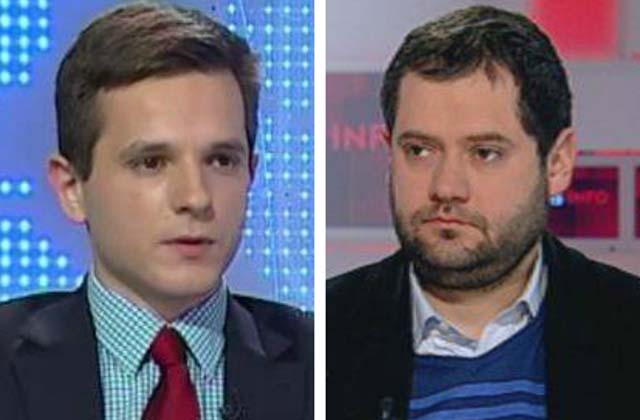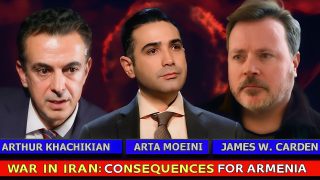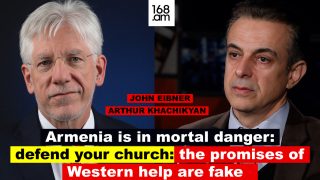The Atmosphere isn’t Beneficial for NATO-Armenia Cooperation as a Result of Russian Pressure against Armenia: Polish Analyst

In near future NATO should attempt to take steps to confront existent challenges, Konrad Zasztowt, political analyst at Polish Institute of International Relations (Warsaw), and Arthur Kasprzyk, expert at the same center, told about this at the interview organized by “Region” Research Center, touching upon NATO’s forthcoming plans and interests of the South Caucasus.
Arthur Kasprzyk commented on challenges NATO faces today. In his words, currently NATO comes across with a range of sometimes interrelated challenges, one of which is instability in the Europe’s south, which led to growth of terror threat and mass migration. Other challenges, according to Kasprzyk, include Russia’s revisionism, which is a serious threat for not only Eastern partners of the ally, but also for the stability of whole Europe.
Besides that NATO member countries undergo cyberattacks, which are becoming more frequent and elusive, not only by state, but also by non-state actors. Another risk is continuous dissemination of ballistic missiles.
“Basically acquisition of serious political consensus around these threats is the most complicated issue. It requires enough resources. Partners in Wales assumed responsibilities to raise defensive expenditures up to GDP 2%. Currently there are only 5 states—the USA, Great Britain, Poland, Estonia and Greece, which reached that purpose. Some signals are promising, many partners started to increase their military budget, and general expenditures in Europe throughout 2015 for the first time after the cold war stopped to drop and certain growth will be observed this year. Defense expenditures are important not only for military potential, but for political perspective as well.
As the presidential campaign in the U.S. shows, Americans are getting more and more disappointed from European countries, which don’t have enough readiness to pay for their defense,” the Polish analyst said, adding to that end Europe should do more, than the USA. In his words, NATO is developing a strategy to oppose these challenges, shape of which will be uncovered in near future during Warsaw summit.
Konrad Zasztowt stated that recording rapprochement with the Euro Atlantic community—the EU and NATO, the South Caucasus countries more approach to peace and stability. Its alternative, according to him, is Eurasian integration by Russia’s leadership or some isolationism, at best this is strengthening of the status quo, with availability of high risk for reestablishment of heated stage of frozen conflicts, corrupt economic and political elites, worsening human rights, extending authoritarian tendencies.
“Only stability with economic improvement, free market relations, rule of law, democratic criteria may move forward countries, like Armenia and Azerbaijan, to conflict settlement. For peace all these conditions may become a reality in European and Euro Atlantic organizations in case of further rapprochement of the region,” he said.
Assessing NATO-Armenia cooperation, he stated that within NATO’s “Partnership for peace” program Armenia and NATO have years of cooperation experience, Armenia also participates in ISAF.” Unfortunately, currently the climate is not beneficial for cooperation, as a result of Russian pressure towards Armenia. Russia intends that CSTO member countries acted as anti-NATO alliance, which has its after-effects in Armenia-NATO cooperation,” Zasztowt said.
By Araks Martirosyan

























